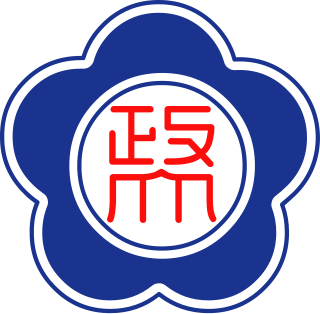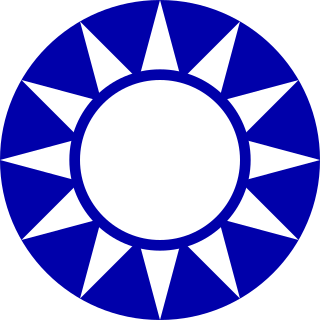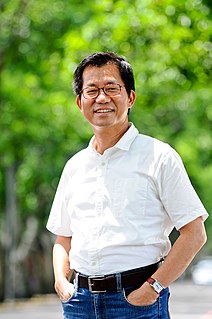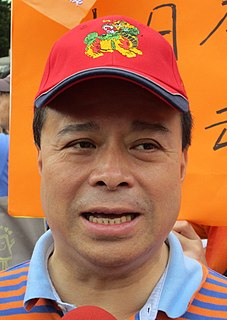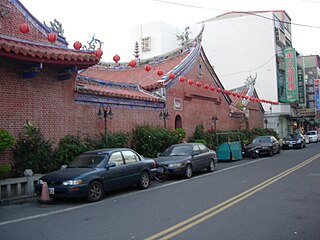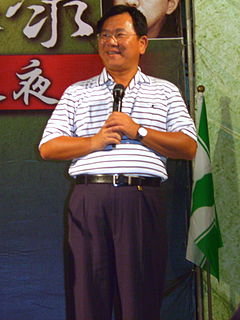| Liu Wen-hsiung | |
|---|---|
| 劉文雄 | |
Liu in September 2012 | |
| Member of the Legislative Yuan | |
| In office 1 February 2005 –31 January 2008 | |
| Constituency | Republic of China |
| In office 1 February 1999 –31 January 2005 | |
| Constituency | Keelung |
| Personal details | |
| Born | 18 September 1954 Keelung, Taiwan |
| Died | 31 July 2017 (aged 62) Anle, Keelung, Taiwan |
| Political party | People First Party (since 2000) |
| Other political affiliations | Kuomintang (until 2000) |
| Alma mater | National Chengchi University National Taiwan Ocean University |
Liu Wen-hsiung (Chinese :劉文雄; pinyin :Liú Wénxióng; 8 September 1954 – 31 July 2017) was a Taiwanese politician who served in the Legislative Yuan from 1999 to 2008.

Chinese is a group of related, but in many cases not mutually intelligible, language varieties, forming the Sinitic branch of the Sino-Tibetan language family. Chinese is spoken by the ethnic Chinese majority and many minority ethnic groups in China. About 1.2 billion people speak some form of Chinese as their first language.
Hanyu Pinyin, often abbreviated to pinyin, is the official romanization system for Standard Chinese in mainland China and to some extent in Taiwan. It is often used to teach Standard Mandarin Chinese, which is normally written using Chinese characters. The system includes four diacritics denoting tones. Pinyin without tone marks is used to spell Chinese names and words in languages written with the Latin alphabet, and also in certain computer input methods to enter Chinese characters.

The Legislative Yuan is the unicameral legislature of the Republic of China now based in Taiwan. It is one of the five branches of government stipulated by the Constitution of the Republic of China, which follows Sun Yat-sen's Three Principles of the People. Sometimes referred to as a "parliament", the Legislative Yuan, under Sun's political theory, is a branch of government. According to the Judicial Yuan's interpretation number 76 of the Constitution (1957), the parliament of the republic includes all three of the National Assembly, the Legislative Yuan, and the Control Yuan. However, after constitutional amendments effectively transferring almost all of the National Assembly's powers to the Legislative Yuan in the late 1990s, it has become more common in Taiwanese newspapers to refer to the Legislative Yuan as “the parliament”.

